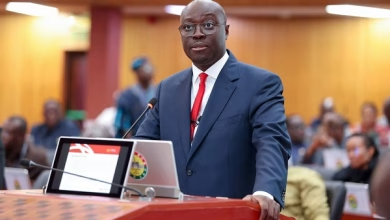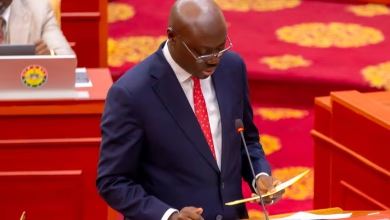AGI Caution: Utility Tariff Increase Will Harm Ghana’s Industrial Development

- AGI Opposes PURC's Utility Tariff Hike of 3.02% for Electricity and 1.86% for Water
- Tariff Increase Effective October 1, Citing Exchange Rate Fluctuations
- AGI Warns of Higher Operational Costs, Reduced Consumer Purchasing Power
- AGI Urges PURC to Reconsider Decision to Support Industrial Growth
The Association of Ghana Industries (AGI) is urging the Public Utilities Regulatory Commission (PURC) to reconsider its recent decision to increase utility tariffs for the third quarter of 2024. Starting October 1, electricity rates will rise by 3.02%, while water tariffs will see a 1.86% increase. PURC attributes these tariff hikes to fluctuations in the exchange rate.
Tsonam Akpeloo, AGI’s Greater Accra Regional Chairman, expressed concerns about the impact on manufacturers and consumers. He believes the increases will raise operational costs and diminish consumers’ purchasing power. “The regulatory authority should ensure that the tariff is reduced or maintained at the previous rate in the next quarter,” Akpeloo stated.
AGI’s concerns are rooted in the potential harm to industrial development. “This increment is not going to be good for industrial development,” Akpeloo warned. “Producers will have to absorb the increased costs, which could lead to businesses shutting down.” He emphasized that many companies are already struggling due to high utility tariffs.
The PURC’s tariff review process considers various factors, including inflation, exchange rates, and generation mix. However, AGI argues that these increases will hinder Ghana’s industrial growth.
In the past, PURC has engaged with AGI to discuss tariff adjustments. The Commission aims to balance the interests of consumers and service providers.
AGI is advocating for a more nuanced approach to tariff setting. “We’re asking PURC to consider the broader implications of these increases,” Akpeloo said.
The impact of utility tariffs on businesses and consumers is a pressing concern. AGI warns that high tariffs could lead to job losses and decreased economic activity.
PURC has implemented measures to enhance transparency in tariff setting. The Commission publishes guidelines for capital contributions and tariff adjustments.
Despite these efforts, AGI remains concerned about the effects of tariff hikes on industries. “We urge PURC to reconsider its decision and prioritize industrial development,” Akpeloo emphasized.
The fate of Ghana’s industries hangs in the balance as AGI and PURC negotiate the future of utility tariffs.






